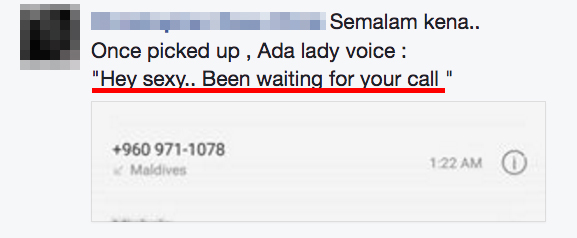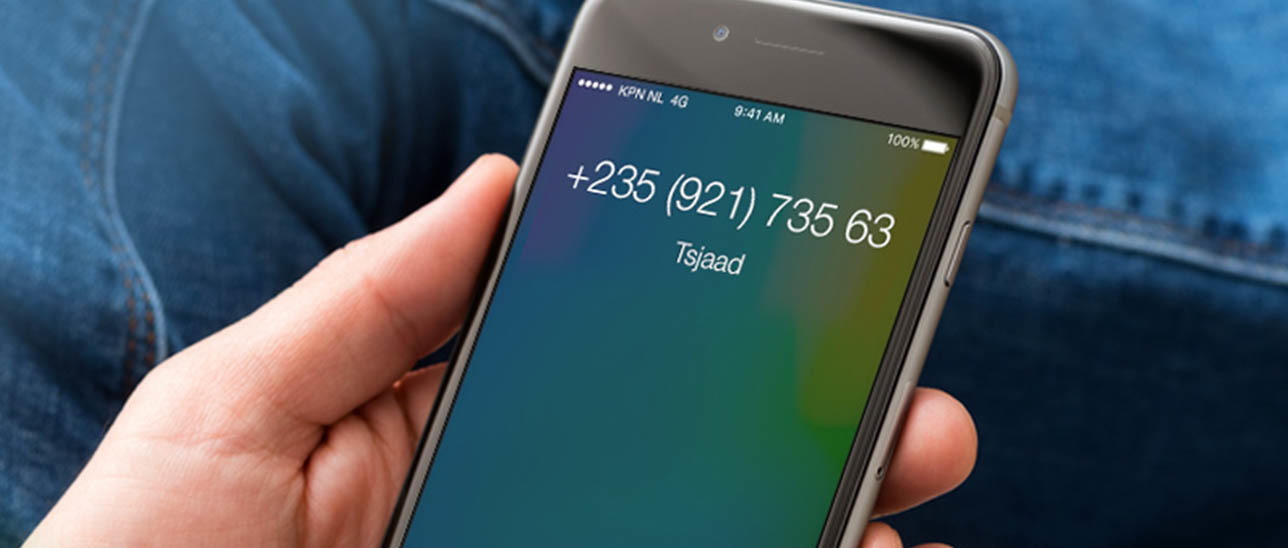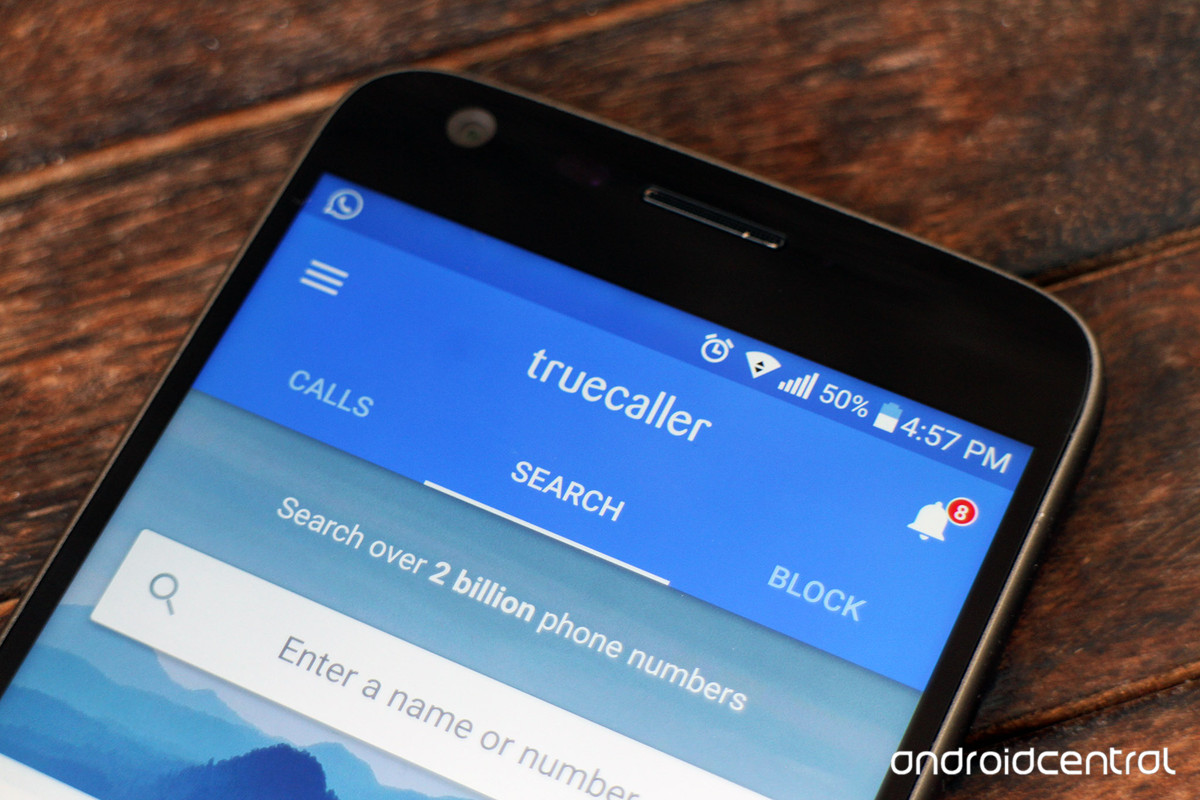There's A Scam That Could Cost You Thousands Of Ringgit With Just One Phone Call
It is known as 'One Ring' or 'Wangiri' scam.
Quite a number of Malaysians have reportedly been receiving calls from unknown international numbers lately
According to local netizens, they've been getting calls from international numbers ranging from countries like Maldives to the UK.
Some people appeared to have received calls from the same number, or similar ones that look slightly different.
Suspicious Malaysians have cautioned that this could be part of a scam.
It appears that this scam is also running rampant globally and quite a few people have been affected by it
Telco users in countries like New Zealand and the US have all been on the receiving end of this scam in recent weeks.
Dubbed as 'One Ring' scam, the authorities have cautioned to be aware of these calls from overseas numbers which lasted only one ring. This scam lures unsuspecting phone users to call back and they eventually get charged with hefty fees.
The origins of this scam could be traced back to Japan. This scam is also known as the 'Wangiri' scam which literally means "one" and "hang up" in Japanese.
How does the scam work?
2. If the user returns the call, they will be connected to a phone number and charged expensive international call rates.
3. In some cases, users who call back will find themselves listening to taped sexual messages or other adult entertainment. This is one of the tactics used to prolong the duration of the calls.
4. There were also reports that victims who called back were promised that they’ve won prizes. This is yet another attempt to make the caller remain on the line.
5. Ultimately, what these fraudsters want to do is to make victims waste lots of money when they call back to a premium rate line.
Contrary to popular belief, this 'Wangiri' scam is not actually new. In fact, it has been ongoing for more than a decade.
"Unscrupulous operators make thousands of random calls from normal phone lines, letting the phones ring once before hanging up. They count on inquisitive folk, or those anxious not to miss a single call, ringing back the number shown on their screens," read a report from The Economist, dated 3 October 2002.
However, it is noted that the number of incidents appeared to have happened more frequently recently.
How do I protect myself?
The easiest way to protect yourself is to not call or text back. Don't pick up any of these suspicious calls.
People are also advised to look up the number on the Internet to check for reports of scams from that particular number.
Besides that, there have been suggestions to use an app called 'Truecaller'. Users are able to identify the name and any other available information of the phone number even if they don’t have that saved in their contact list, all thanks to this app.
While it is a rather useful service to stop spam calls, it should be noted that such an app is also a privacy risk for users
To put it simply, the app works like a huge telephone directory. This means that when the application is installed on a phone, the user allows the app to access each and every contact on the phone's contact list and allows the app to upload all the information linked on to it to the company's server.
Using the data provided by the community of users from all around the world, Truecaller is able to show relevant information about a mobile number or a specific name.
All these are mentioned in the Terms & Conditions (T&C) that appears when you download and install the app.
There are those who are not too concerned about having their contact list being uploaded to the database, so they have proceeded to use the app to stop these spam calls.




